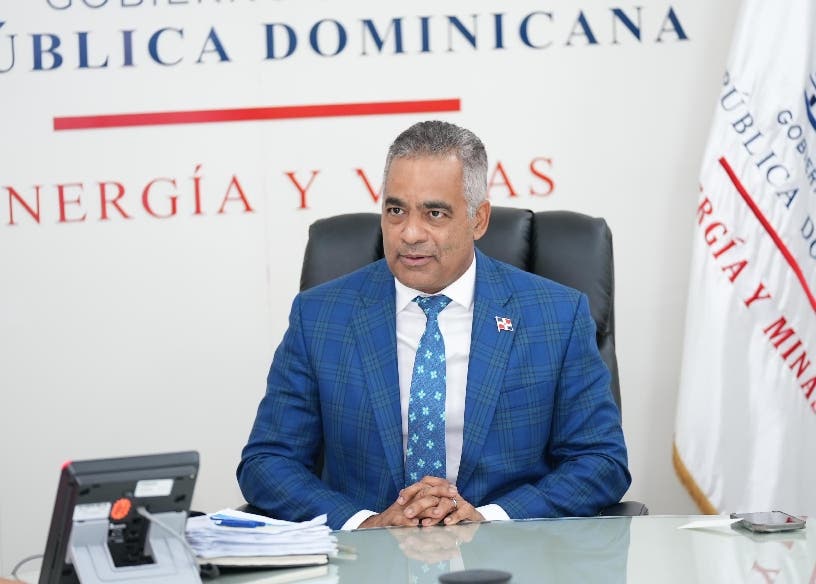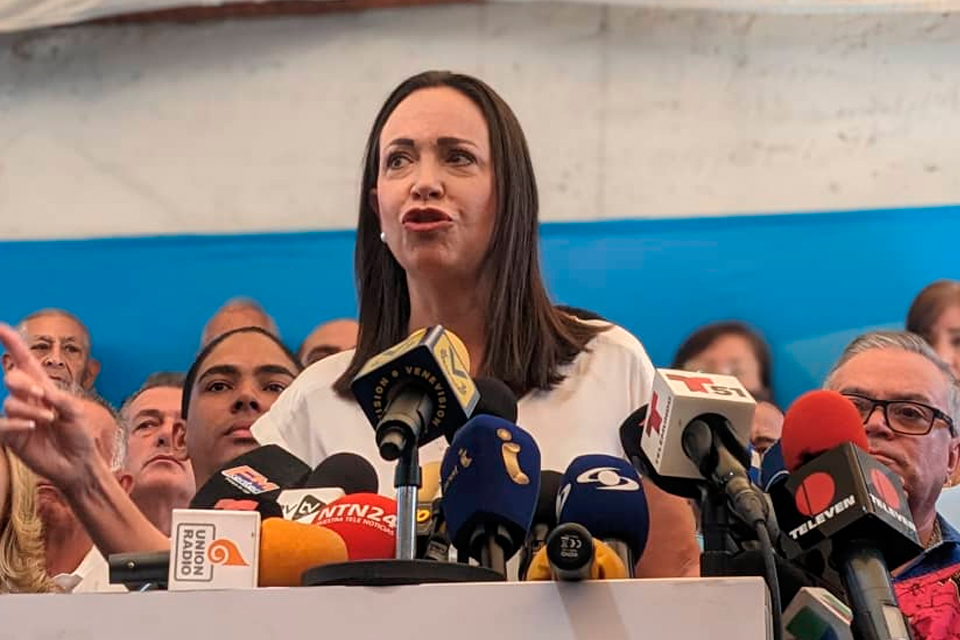The Minister of Energy and Mines, Joel Santos Echavarría, explained this Wednesday that the tax reform was conceived with the objective of generating the necessary resources to be able to invest in the sectors, zones and areas that the population needs most, which is why it is not concentrated in specific sectors, but rather, it has been designed comprehensively.
The minister offered these statements, when participating as a special guest in the program “La Hora Stella con Roberto Cavada”, through Telesistema 11, in which he mentioned investment areas that will be allocated part of the resources obtained through the reform .
He cited areas such as electricity, security, transportation, health and infrastructure works, which will improve the country’s competitiveness.
In the case of the electricity sector, the minister pointed out that it needs capital investment to be able to continue transforming, therefore, within the reform 18 billion pesos are contemplated annually, distributed in a balanced manner in all the areas that make up this sector, which would improve not only the quality of the service, but also the finances of the sector.
READ; Even molondrón, tayota, avocado and baby formula will pay 18% tax!
“We are talking about the investments that are needed to be able to address the growing demand that the sector has; Therefore, it is important to continue improving electrical networks. We must also invest in transmission, in the meters that are necessary to continue improving the collection of this sector, in transformers, in substations; that is, the entire electrical structure that is necessary to finally reduce the deficit,” he said.
Santos Echavarría indicated that in the next four years between 2,500 and 3,300 megawatts could be added to the National Interconnected Electrical System (SENI), but that for this there must be transmission lines, stable investment and improvements to the distribution system.
He explained that this improvement process must be comprehensive, so efficiency in the collection system is essential. In that sense, he pointed out that within the capital investment, changes will be made at the technological level and work will be done to reduce illegal connections.
Therefore, the more it is billed, the more the deficit is reduced and there will also be the possibility of continuing to improve the finances of the sector and the conditions and investments made in that sector.
About the reform
In relation to the reform and the various reactions generated, the minister stated that all sectors have agreed that the tax reform was necessary; Although a certain level of resistance is natural due to the impact it may generate; However, he highlighted that the Government has always been open to dialogue and that a good scenario is “Meta 2030”.
“In a general sense, this reform was worked on and thought about many years ago, this Government has worked on it since its 2019 Government Plan. That is, the Government has been working on this fiscal aspect, it has been working on this entire analysis in a fairly detailed way, seeking a balance, thinking that economic development has to be tied to better public finances,” he noted.
Santo Echavarría said that the country must continue reducing the debt over the Gross Domestic Product, to reduce the dependence on the payment of interest on the debt on tax revenues; That is, reduce that relationship and the country can improve credit ratings abroad, which in turn will generate an improvement in the interest rate paid for financing.
“That is, we are talking about creating a virtuous circle, a multiplier effect on resources that is successfully mounted to improve the conditions of the Dominican Republic and that the country can reach the level of investment, which is also so important for attract foreign investment,” he assured.
*Most vulnerable sectors*
On the other hand, the minister indicated that the Government has designed mitigating measures for the population with fewer resources; such as a salary improvement for both the private and public sectors; better conditions for micro-businesses, such as income tax exemption for the next three years, the elimination of the advance payment for micro businesses, while medium and small businesses will have to pay only a percentage of the advance payment.
“That is, measures that are also aimed at giving the sectors that could be most affected have the opportunity to balance themselves. The Aliméntate program is increasing by more than 20% to make it easier for Dominicans who may need to purchase food at a lower price,” he said.


















